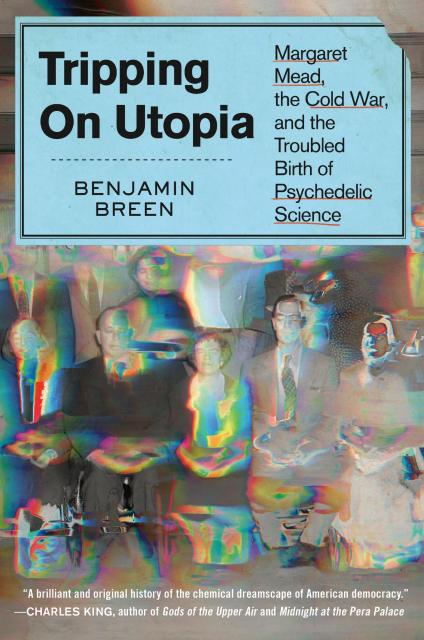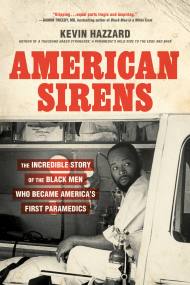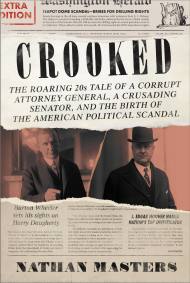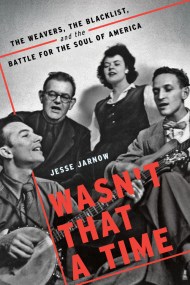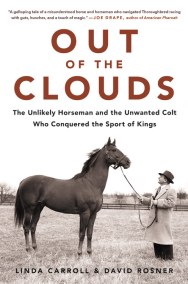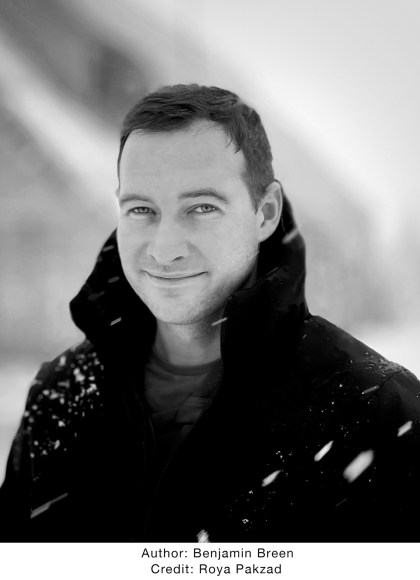By clicking “Accept,” you agree to the use of cookies and similar technologies on your device as set forth in our Cookie Policy and our Privacy Policy. Please note that certain cookies are essential for this website to function properly and do not require user consent to be deployed.
Tripping on Utopia
Margaret Mead, the Cold War, and the Troubled Birth of Psychedelic Science
Contributors
Formats and Prices
- On Sale
- Jan 16, 2024
- Page Count
- 384 pages
- Publisher
- Grand Central Publishing
- ISBN-13
- 9781538722374
Price
$30.00Price
$38.00 CADFormat
Format:
- Hardcover $30.00 $38.00 CAD
- ebook $14.99 $19.99 CAD
- Audiobook Download (Unabridged) $31.99
- Trade Paperback $21.99 $28.99 CAD
This item is a preorder. Your payment method will be charged immediately, and the product is expected to ship on or around January 16, 2024. This date is subject to change due to shipping delays beyond our control.
Buy from Other Retailers:
A Los Angeles Times Bestseller
One of The New Yorker‘s best books of 2024
A bold and brilliant revisionist take on the history of psychedelics in the twentieth century, illuminating how a culture of experimental drugs shaped the Cold War and the birth of Silicon Valley.
“It was not the Baby Boomers who ushered in the first era of widespread drug experimentation. It was their parents.”
Far from the repressed traditionalists they are often painted as, the generation that survived the second World War emerged with a profoundly ambitious sense of social experimentation. In the ’40s and ’50s, transformative drugs rapidly entered mainstream culture, where they were not only legal, but openly celebrated. American physician John C. Lilly infamously dosed dolphins (and himself) with LSD in a NASA-funded effort to teach dolphins to talk. A tripping Cary Grant mumbled into a Dictaphone about Hegel as astronaut John Glenn returned to Earth.
At the center of this revolution were the pioneering anthropologists—and star-crossed lovers—Margaret Mead and Gregory Bateson. Convinced the world was headed toward certain disaster, Mead and Bateson made it their life’s mission to reshape humanity through a new science of consciousness expansion, but soon found themselves at odds with the government bodies who funded their work, whose intentions were less than pure. Mead and Bateson’s partnership unlocks an untold chapter in the history of the twentieth century, linking drug researchers with CIA agents, outsider sexologists, and the founders of the Information Age.
As we follow Mead and Bateson’s fractured love affair from the malarial jungles of New Guinea to the temples of Bali, from the espionage of WWII to the scientific revolutions of the Cold War, a new origin story for psychedelic science emerges.
-
"Benjamin Breen has crafted a brilliant and original history of the chemical dreamscape of American democracy. With a driving narrative and unforgettable cast of characters, Tripping on Utopia resurrects the promise, dangers, and sheer weirdness of one of the twentieth century's unsung frontiers of discovery: the quest to change the world by altering humans' perception of it."Charles King, author of Gods of the Upper Air and Midnight at the Pera Palace
-
“Tripping on Utopia is epic in its scope, cinematic in its rendering. This masterpiece of storytelling is underpinned by impeccable research and extraordinary material that will have you questioning everything you think you know about America's history of psychedelic drug use. Breen is an exciting new voice in narrative non-fiction.”Lindsey Fitzharris, New York Times Bestselling Author of The Facemaker
-
"Part biography, part intellectual history, this kaleidoscopic book reveals the century-long search for psychological liberation at the heart of today’s fascination with psychedelics. It’s a marvel of scholarship and impossible to put down."Fred Turner, author of From Counterculture to Cyberculture: Stewart Brand, the Whole Earth Network, and the Rise of Digital Utopianism
-
"In this strikingly original new history of psychedelic science, Benjamin Breen focuses on its origins in the interwar years alongside the expansive utopian projects of that era: anthropologists studying how cultures change, cybernetic dreams of reprogramming the brain, and the fascination with other wonder drugs such as hormones, truth serums and tranquilisers. The result is a thrilling history of ideas, deeply rooted in archival research and narrated with infectious energy and enthusiasm. Tripping on Utopia is full of surprises and beautiful writing."Mike Jay, author or Psychonauts: Drugs and the Making of the Modern Mind
-
“The hidden history of how psychedelic drugs spread from CIA clinics and chic parties into the American counter-culture is not quite as wild as an LSD trip — but as this book makes clear, it's close. Deeply researched but also highly imaginative, Tripping on Utopia uncovers a maze of startling connections among some of the strange and fascinating characters who shaped a dazzling chapter of American cultural history.”Stephen Kinzer, author of Poisoner in Chief
-
"A captivating tale of scientific idealists and Cold War spies, love triangles and tripping dolphins, and the never-ending search to maximize human potential and make the world a better place. Deeply researched and alive with extraordinary human stories, this book will change your mind about the origins of the counterculture and the people who shaped it."Margaret O’Mara, author of The Code: Silicon Valley and the Remaking of America
-
“A riveting exploration of a shadowy episode in 20th-century history.”Publishers Weekly
-
“Breen’s smart, entertaining narrative brings this history vividly to life.”BookPage
-
"A methodologically clever book that sheds new light on the scientific history of LSD through an engaging, highly readable story that weaves a narrative far richer in detail than a typical academic history... a romp."Science
-
“Breen is an engaging writer invigorated by his topic, and to synthesize so much information is an accomplishment.”The New York Times Book Review
Newsletter Signup
By clicking ‘Sign Up,’ I acknowledge that I have read and agree to Hachette Book Group’s Privacy Policy and Terms of Use
